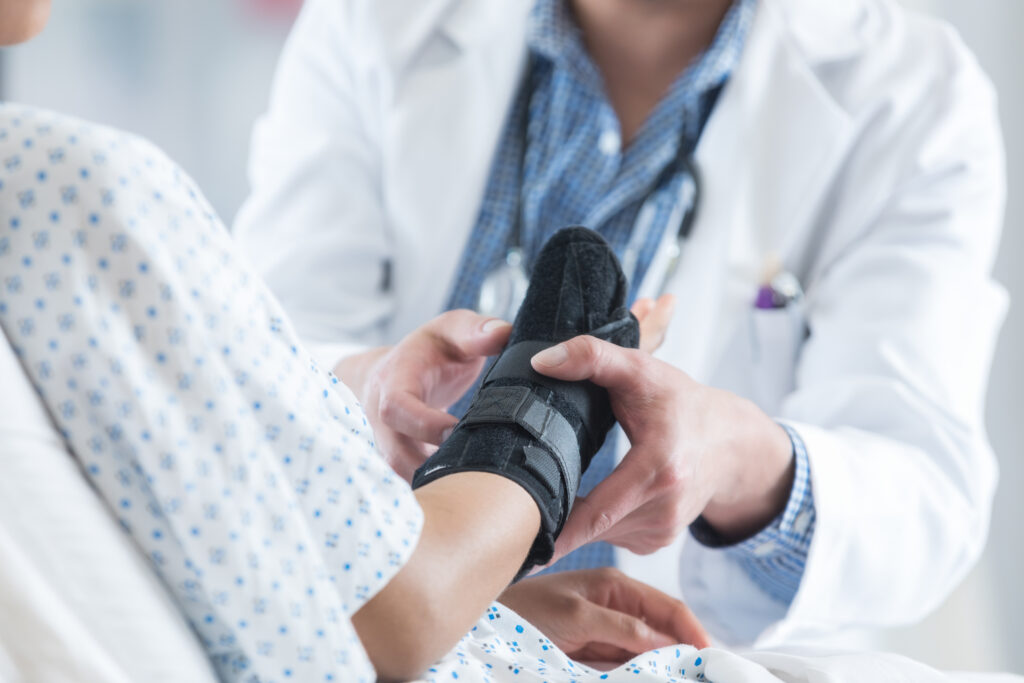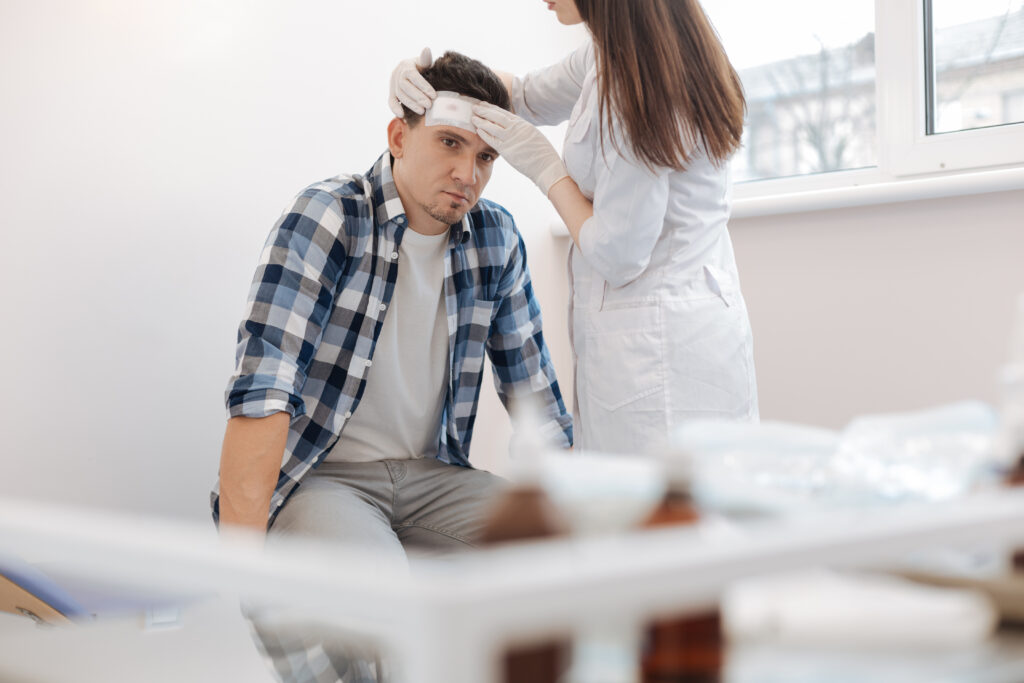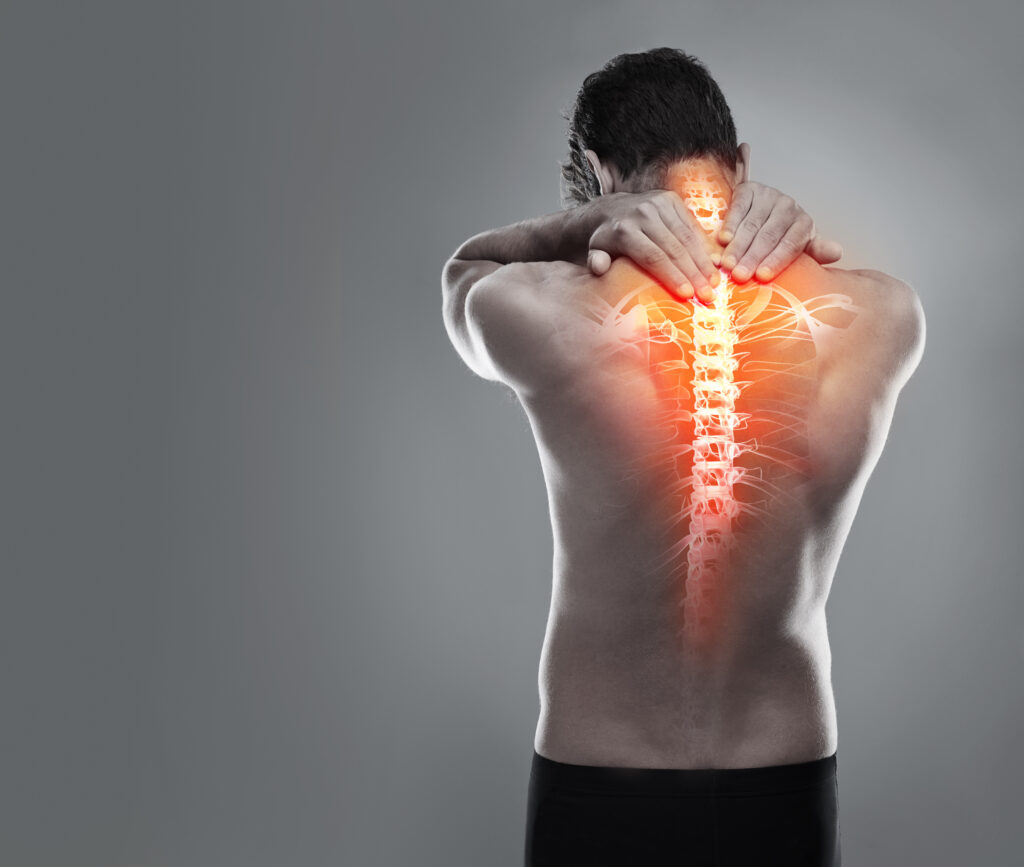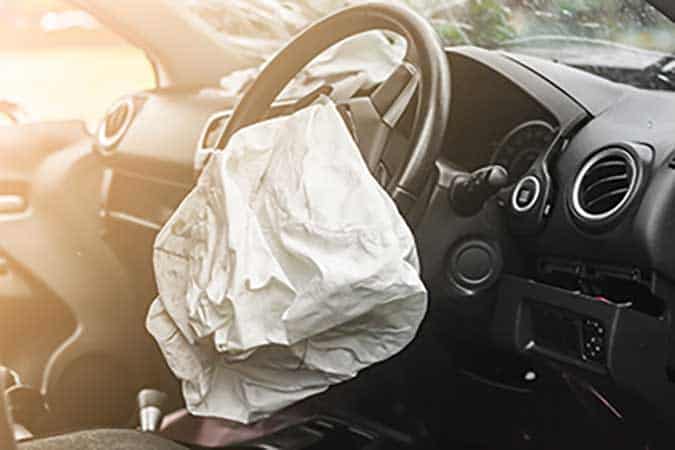When Should I Get Medical Attention After a Car Crash?
The period immediately following a car accident is often filled with confusion and anxiety, making it challenging to remember the steps you should take. It’s essential to prioritize your health and safety above all else.
Seeking medical attention at the emergency room as soon as possible is crucial, even if injuries seem minor or non-existent initially. The adrenaline rush after an accident can mask pain and symptoms, leading to a delay in the onset of injury signs. By visiting a doctor after a car accident, you ensure that any hidden injuries are detected and treated promptly, preventing long-term complications and aiding in a smoother recovery process.
Additionally, the support of an experienced car accident attorney at PhillyLaw can help guide you in the event you seek to file a personal injury claim for the injuries sustained in the car accident. If you have been injured in a car accident, call the lawyers at PhillyLaw for a free consultation to better understand your options to potentially recover compensation from your car accident injuries.

The Importance of Medical Treatment After a Car Accident
Medical treatment after a car accident is crucial for several reasons.
Prompt Diagnosis and Treatment Can Promote Faster Recovery
When you seek medical treatment immediately following a car accident, you ensure the prompt diagnosis and treatment of any injuries, some of which may not be immediately apparent due to the adrenaline rush your body experiences during traumatic events. Early identification of such injuries by a doctor after a car accident can prevent complications and promote faster recovery.
Medical Records are Evidence for an Insurance Claim or Personal Injury Lawsuit
Medical records, including records from the emergency room and subsequent medical treatment, serve as critical evidence should you need to file an insurance claim or a personal injury lawsuit. These records provide a documented link between the accident and your injuries, substantially supporting your case. In essence, seeking medical treatment is vital for your health and imperative in protecting your legal rights and interests. The experienced car accident attorneys at PhillyLaw understand the importance of evidence like medical records and can help you recover compensation for your injuries.
Should I Seek Medical Attention at a Hospital or Can I Go to Urgent Care?
The decision on whether to visit the emergency room at a Pennsylvania hospital or an urgent care facility for medical care after a car accident depends on the severity of your injuries. For life-threatening injuries, symptoms such as severe pain, difficulty breathing, loss of consciousness, or significant bleeding, it is imperative to seek medical treatment at a hospital immediately. Hospital emergency rooms are equipped to handle critical injuries and provide a wide range of care options.
On the other hand, if your injuries appear less severe and you’re not experiencing symptoms that suggest immediate danger, visiting an urgent care center can be a suitable alternative to the emergency room. Urgent care centers can handle a variety of non-life-threatening injuries or conditions, offer shorter wait times, and can be a more cost-effective option. Regardless of the severity, seeking medical attention promptly is crucial to ensure that any injuries are properly addressed.

Treatment Options at the Hospital After a Car Accident
After a car accident, the range of treatments you will receive in the emergency room will depend on the nature and severity of your injuries. Seeing a doctor after a car accident will help ensure you are getting the appropriate medical care to properly heal from your injuries.
Initial Evaluation and Diagnostic Tests
Initially, the medical team will conduct a thorough evaluation, including physical assessments and possibly diagnostic tests such as X-rays, MRI scans, or CT scans, to accurately determine the extent of your injuries.
Treatment for Severe Injuries
For more severe injuries sustained in a car accident, comprehensive and immediate medical intervention is often required to address the complexities and ensure the best possible outcomes. Such treatments may include:
- Surgical Procedures: Severe injuries may necessitate one or more surgical operations to repair broken bones, internal injuries, or damaged organs. These surgeries range from setting fractures with plates and screws to more complex procedures aimed at repairing internal organs.
- Intensive Care Unit (ICU) Monitoring: For life-threatening injuries, patients may need to be admitted to the Intensive Care Unit. This specialized department provides continuous monitoring and immediate intervention capabilities, ensuring that critical patients receive the highest level of care.
- Blood Transfusions: In cases of significant blood loss, blood transfusions may be necessary to restore the body’s blood volume and improve its capacity to transport oxygen, which is critical for the healing process.
- Intravenous (IV) Treatments: IV treatments can deliver essential fluids, medications, and nutrients directly into the bloodstream, offering a quick means to manage pain, fight infections, and provide the necessary sustenance for those unable to consume food orally.
- Rehabilitation Services: For injuries that impact mobility, cognitive functions, or physical abilities, a comprehensive rehabilitation program may be introduced early in the treatment process. This multidisciplinary approach often involves physical therapists, occupational therapists, and speech therapists working together to help patients regain their strength, functionality, and independence.
- Pain Management: Managing pain effectively is crucial for patients with severe injuries. This may involve the use of prescription painkillers, nerve blocks, and in some instances, pain management specialists who can offer advanced therapies.
It’s imperative for those who sustain severe injuries in a car accident to receive immediate and appropriate medical care at the emergency room to minimize the long-term impacts and support a recovery path tailored to their specific needs. The primary aim of any medical treatment following a car accident is to ensure a comprehensive and holistic recovery, addressing both the immediate injuries and facilitating long-term rehabilitation.
Treatments for Minor Injuries
For minor injuries resulting from a car accident, treatment may involve a variety of interventions aimed at managing pain and promoting healing. These can include:
- Application of Ice and Heat: Alternating between ice and heat can effectively reduce swelling and alleviate muscle pain or stiffness frequently experienced after a car accident.
- Over-the-Counter Pain Medication: Non-prescription pain relievers such as acetaminophen or ibuprofen can help relieve pain and reduce inflammation. It’s important to follow the recommended dosages and consult with a healthcare provider if the pain persists.
- Rest: Allowing the body to rest is crucial for recovery. However, too much inactivity can lead to stiffness, so it’s essential to balance rest with gentle activities as recommended by a medical professional.
- Physical Therapy: Physical therapy can be prescribed for injuries impacting mobility or causing significant discomfort. These sessions aim to restore range of motion, strengthen muscles, and decrease pain through targeted exercises and treatments.
- Compression and Elevation: For injuries like sprains, compression with a bandage and elevation of the affected limb can help reduce swelling and support recovery.
It’s critical to follow the medical advice of the doctor after a car accident and not to underestimate the impact of seemingly minor injuries, as they can lead to more significant issues if not properly addressed.

Types of Car Accident Injuries
Car accidents can result in a wide array of injuries, ranging from minor to severe. Some common types of injuries include:
- Soft Tissue Injuries: Sudden, forceful movements of the head and neck during an accident can cause soft tissue injuries like whiplash, which can lead to pain, stiffness, and reduced mobility in the neck area.
- Brain and Head Injuries: Impact or sudden deceleration during a crash can cause concussions, a traumatic brain injury (TBI), or even skull fractures.
- Broken Bones: The force exerted during a collision can break or fracture bones, commonly affecting the arms, legs, ribs, and pelvis.
- Back and Spinal Cord Injuries: Accidents can cause herniated discs, spinal cord damage, or other back injuries that may lead to chronic pain or paralysis.
- Lacerations and Bruises: Sharp objects, broken glass, and the force of impact can lead to cuts, lacerations, and significant bruising.
- Internal Injuries: The force of a car crash can cause internal bleeding or damage to organs such as the liver, spleen, kidneys, or lungs, requiring immediate medical attention.
Additional Steps to Take if You Are Injured in a Car Accident
If you find yourself injured after a car accident, taking the right steps can be critical for your health, as well as for any potential legal action you may consider. Here’s what you should do:
- Seek Medical Attention Immediately: As emphasized above, this step is incredibly important. Your health is the top priority. If you’re seriously injured, try to stay calm and wait for emergency services to arrive. If you’re able to move, seek medical attention as soon as possible, even if your injuries seem minor.
- Report the Accident: Ensure the car accident is reported to the police. A police report is a vital piece of evidence for insurance claims and potential legal battles.
- Document Everything: Take photos of your injuries, the accident scene, damages to your vehicle, and any other relevant details. Collect names and contact information of witnesses. This documentation can be crucial for your insurance claim or lawsuit.
- Notify Your Insurance Company: Inform your insurance company about the accident as soon as possible. Provide them with a factual account of what happened, but be cautious of sharing medical or fault details until you have consulted with an attorney.
- Follow Up With Medical Care: Follow your doctor’s advice and keep up with any appointments, treatments, or tests. This demonstrates your commitment to recovering and provides ongoing documentation of your injuries.
- Consult With an Experienced Car Accident Attorney at PhillyLaw: Before settling any claims or signing any documents from insurance companies, it’s wise to consult with a car accident attorney. The car accident attorneys at PhillyLaw will offer valuable advice on your rights, help in negotiating with insurance companies, and guide you through the legal process if you decide to pursue compensation.
Taking these steps will not only assist in your recovery but also help in ensuring your rights are protected throughout the insurance and possibly legal processes.
Our Team Will Help You Recover Compensation for Your Car Accident Injuries
At PhillyLaw, our experienced team understands the devastating impact that car accidents can have on your health, well-being, and financial stability. We are committed to ensuring that you receive full compensation for your medical treatments and related expenses. Call us today for a free consultation. We will provide a thorough case evaluation, calculate any potential damages from your medical expenses, negotiate with insurance companies, and take your case to court if necessary.
Our priority at PhillyLaw is to alleviate the burden the accident has placed on you and your family by managing the legal processes and fighting for the compensation you deserve. This allows you to focus on what’s most important – your recovery and well-being.






